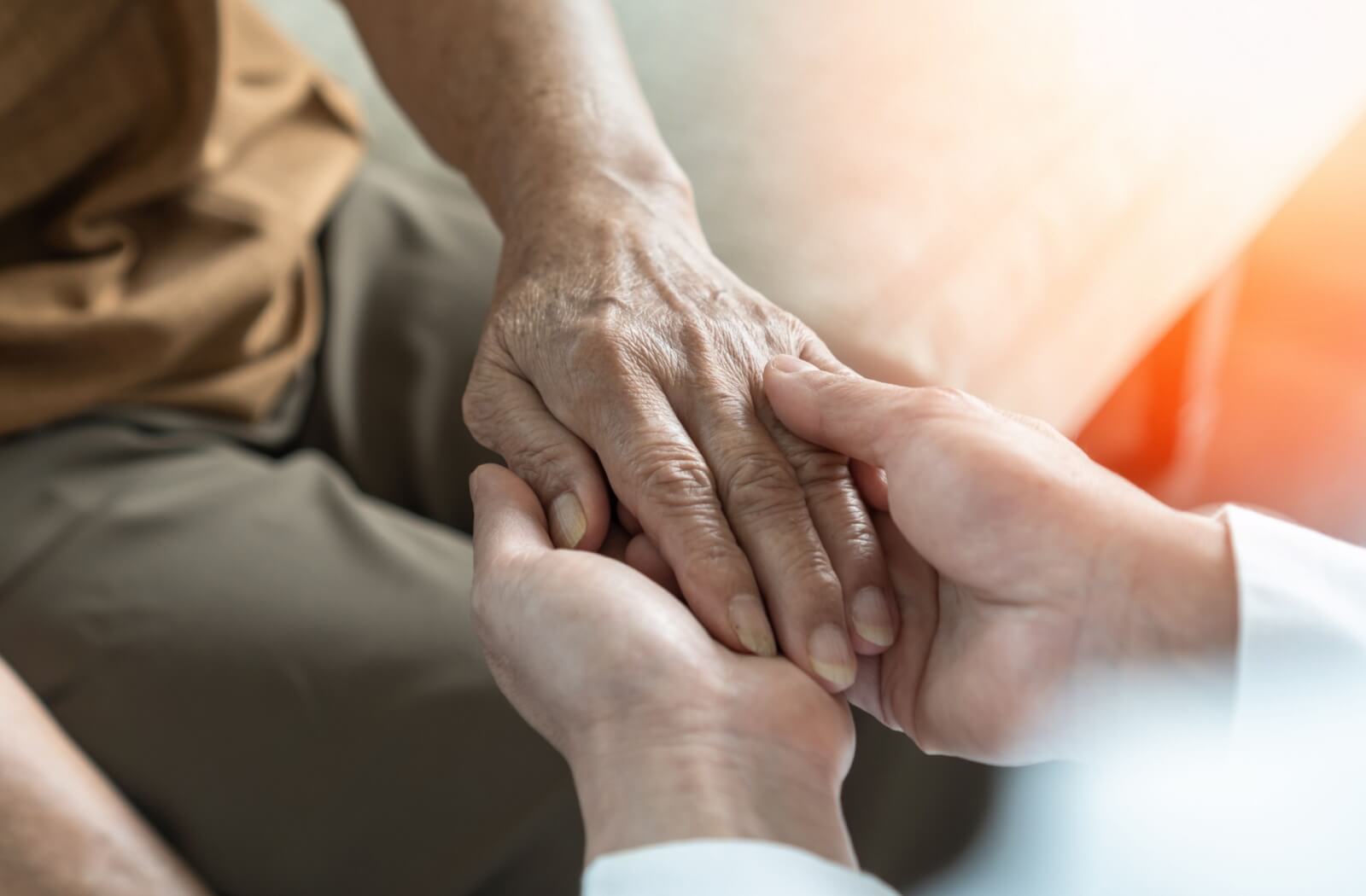Stepping up to care for a parent or relative is an incredible act of love. But let’s be honest: juggling caregiving with work, family, and your own life is tough.
It’s easy to feel overwhelmed or like you’re running on empty. If that sounds familiar, you’re not alone—it’s called caregiver burnout, and it’s very real.
The good news? There are ways to find balance and support—whether it’s through our resources or finding help through assisted living. Taking care of yourself isn’t selfish; it’s essential. Let’s explore how.
What Is Caregiver Burnout?
Caregiving means offering support—emotional, practical, or both—to someone needing help with daily life. Often, it’s family members or close friends stepping into this role out of love.
For seniors, caregivers are often family members, adult children, or close friends who take on this role out of love and compassion. Professional caregivers, on the other hand, offer skilled care in settings like assisted living communities.
While caregiving can be rewarding, the responsibility of caring for another person without time to recharge can lead to burnout—a state of physical, emotional, and mental exhaustion.
No matter the caregiver, it’s a role that requires patience, dedication, and hard work.
Why Caregiver Burnout Happens
Caregiving can be an overwhelming task. When there’s little opportunity to rest, caregiver burnout may occur as stress and exhaustion build up. Factors that can contribute to this include:
- Juggling too much: If you’re an adult child caring for an elderly parent, caregiving may overwhelm you if you’re also balancing parenting duties, work, and other responsibilities.
- Feeling helpless: It can be emotionally exhausting watching a loved one decline, especially if you feel like there’s little you can do to change the outcome.
- Lack of privacy: Constant comings-and-goings or care tasks happening in your home can make it hard to find private time.
- Navigating Complex Info: Trying to understand medical conditions or treatments can add another layer of stress.
- Loss of identity: When caregiving takes up much time, it’s easy to forget about your own needs and identity outside of that role.
Recognizing Signs of Caregiver Burnout
Everyone experiences stress differently, but here are common signs you might be heading towards burnout:
- Trouble sleeping, or changes in appetite
- Feeling persistently sad, hopeless, or irritable
- Increased anxiety or constant worry
- Turning to unhealthy coping habits more often
- Feeling lonely or withdrawn, even around others
- Losing interest in activities you used to enjoy
- Loneliness
- Suicidal ideation
If you experience symptoms of caregiver burnout, talk to a healthcare provider.
Ways to Manage Caregiver Burnout

Caregiver burnout is complex, but there are ways to prevent or alleviate it.
Know What Resources Are Available
Many organizations provide support services to people in your position. For example, the Community Resource Finder can be helpful for those dealing with Alzheimer’s. Other services to explore include adult day centers in your area and in-home nursing assistance.
The National Institute on Aging also has a list of resources to help you and your family navigate these challenges, among so many others.
Build a Support System
You don’t have to do it all. Lean on family, friends, or caregiver support groups. Even asking a friend to visit your loved one for an hour can give you a breather.
Also, consider professional help. Counseling can be a safe space to speak openly about your challenges and get skilled support.
Try Self-Care Techniques
Self-care isn’t a luxury; it’s fuel. Even 10 minutes of walking, deep breathing, or listening to music can help. Try to protect your sleep and eat nourishing food. Remember, it’s okay to take breaks and say ‘no’ sometimes.
Plan for the Future
Making plans for the future can alleviate stress later on. This can include legal and financial arrangements. It can also include exploring assisted living or memory care options for your loved one if and when their condition progresses.
Take Advantage of Respite Care
Respite care is a short-term break for caregivers, whether it’s for a few hours, days, or even weeks. It provides a safe, supportive environment for your loved one while you take time to rest, travel, or simply recharge.
It’s a valuable way to prevent burnout before it starts, helping caregivers return to their roles with more energy and emotional balance.
Even a brief pause can make a significant difference in your well-being. If you’re starting to feel stretched thin, consider exploring local respite care options.
Professional Support From Hill Valley Health Care
Caregiving is one of the most important roles you can take on, but it shouldn’t come at the cost of your own well-being.
If you’re feeling overwhelmed, remember that seeking support is a sign of strength, not weakness. Options like respite care, assisted living, and memory care can provide professional support for your loved one, giving you much-needed balance and peace of mind.
To learn more about how assisted living and memory care at Brookview or independent living at The Courts can support both residents and their families, please reach out to us today.
Caregiving is a commendable choice, but it can also be complex and overwhelming. If you feel overwhelmed, you’re not alone.

